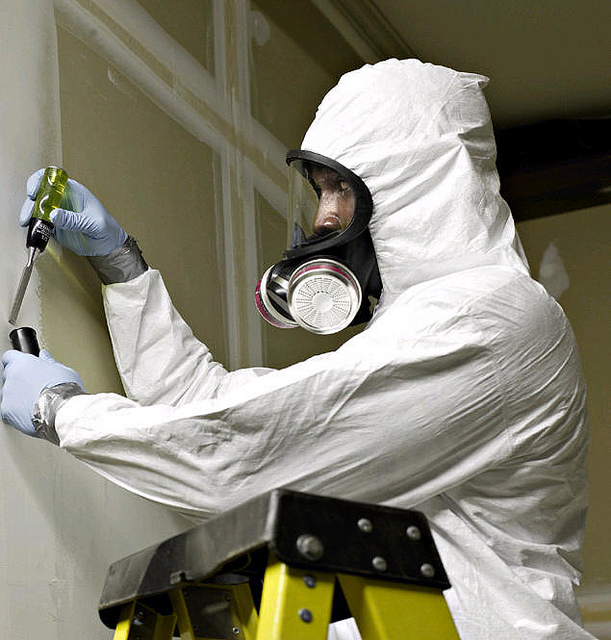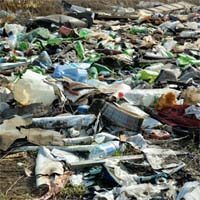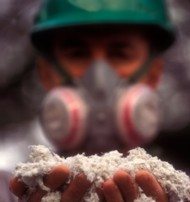Mesothelioma Carcinogenesis: Insights from Animal Studies on Chrysotile and Forsterite

Mesothelioma, a severe cancer caused by asbestos, remains a global health issue. Specifically, chrysotile asbestos is common and very harmful. Recent research compared the cancer risks of chrysotile and a heat-treated form, forsterite. A new study is valuable for safer asbestos disposal in the future.
Comparing Chrysotile and Forsterite
A recent study checked if forsterite, made from heating chrysotile, could cause mesothelioma. They injected chrysotile, forsterite (FO-1000), and enstatite (EN-1500) into rats’ abdomens. Then, they studied mesothelioma development for 24 months.
The results were clear. In the chrysotile group, 91.2% of rats developed peritoneal mesothelioma. However, no mesothelioma cases were found in the forsterite and enstatite groups.
The study also measured urine 8-hydroxy-2′-deoxyguanosine and blood N-ERC/mesothelin levels. Both were higher in the chrysotile group with mesothelioma. Genetic tests showed a significant deletion in the CDKN2A/p16 gene in the chrysotile group. This deletion marks mesothelioma. The forsterite and enstatite groups didn’t show this genetic change.
These findings indicate that forsterite and enstatite are not cancer-causing.
The Importance of Animal Studies in Clinical Research
Animal studies are vital in mesothelioma research as they help us understand the disease’s causes. Before testing new treatments on humans, researchers check their safety in animals. Animal studies are crucial because they reduce risks and provide essential data.
These studies also guide human trials. For instance, the study on chrysotile’s genetic effects can help with future research on asbestos diseases. Regulatory approvals depend on solid data. The study on forsterite as a safe disposal method is a step towards that.
Studying chrysotile and forsterite in rats is crucial. It helps us learn about mesothelioma and safer asbestos disposal. These studies also offer hope to mesothelioma patients. They can lead to better prevention, new treatments, and improved outcomes.
As research progresses, the knowledge from these animal studies will be key. It will guide clinical progress and pave the way for a healthier future.
Source:
Takata, Ayako, Hiroshi Yamauchi, Kiyotsugu Yamashita, Masahito Aminaka, Toshiaki Hitomi, Tadao Toya, and Norihiko Kohyama. “Mesothelioma Carcinogenesis of Chrysotile and Forsterite Compared and Validated by Intraperitoneal Injection in Rat.” Industrial Health advpub (2024). https://doi.org/10.2486/indhealth.2024-0025.





